DEEPS STEP Coordinators
Program Manager
-
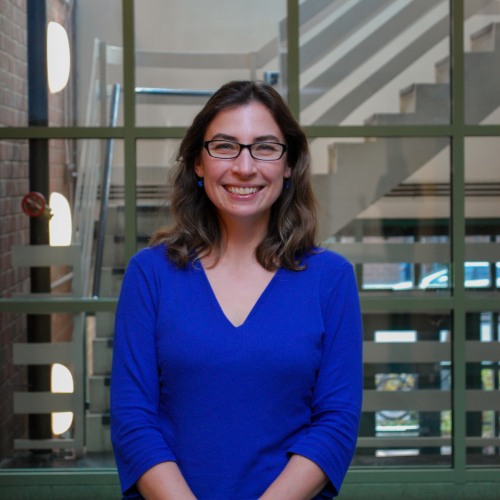
Olga Prilipko Huber
Olga Prilipko Huber is the Outreach Coordinator for DEEPS, working closely with DEEPS STEP coordinators, PPSD teachers and administrators.
I was lucky to have benefitted from public education in eastern Europe and Switzerland, which led to an MD/Ph.D in Neurology (Switzerland and Portugal) followed by postdoctoral research work at Stanford University. I feel strongly about creating a vibrant partnership between Brown University and Providence Education partners to develop a high quality science education in our city that will enable all Providence children to thrive and have many open doors in their future.
Program Coordinators
-
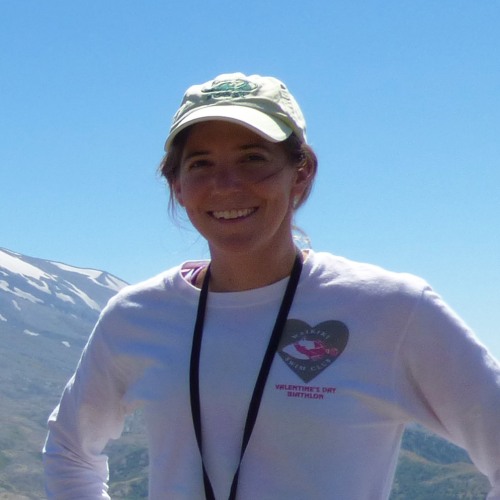
Emily First
I am a scientist who studies volcanoes and the magma systems underneath them. After earning my PhD at the University of Hawaii, I moved to Brown University to pursue a post-doc with Professor Emeritus Malcolm Rutherford. Most of my work involves high-temperature, high-pressure experiments – basically, making tiny bits of magma in the laboratory! I study volcanoes on Earth, the Moon, and Mars, comparing my experimental samples to rocks collected in the field. My own fascination with geology developed at a very young age, and my fabulous teachers encouraged this passion for science. Every kid should have this support, without an extra burden on their already overtaxed educators.
I became involved in DEEPS STEP because teachers have a Herculean task to educate our youth; if we can provide vetted science curriculum resources that they can easily tailor, swap, or use as-is, then teachers can stress less, more science will be taught, and everybody wins – especially the kids!
-
Alyssa Pascuzzo
My interest in science and teaching goes as far back as I can remember. I was always fond of earth science and space as a kid, but it wasn’t until college that I discovered I wanted to pursue a career in geology and planetary science. Now I am a planetary scientist and Ph.D. student in Brown’s DEEPS department. I use data (visible imagery and near-infrared spectral data) collected by satellites that orbit Mars to decipher the climate and geologic changes the planet experienced over the last 4.5 billion years.
Beyond doing scientific research, I am even more passionate about teaching and inspiring students of all ages about science. Princess Bubblegum from Adventure Time once said “… all magic is scientific principals presented like ‘mystical hoodoo’…” — and she’s right. Teaching science is not a trivial task, and if scientific concepts are left unexplained or not taught we develop our own explanations for the natural phenomena we see and experience. We then hold onto those ‘mystical hoodoo’ explanations for much of our lives. And that is why I became a part of DEEP STEP: demystifying science one STEP at a time.
-
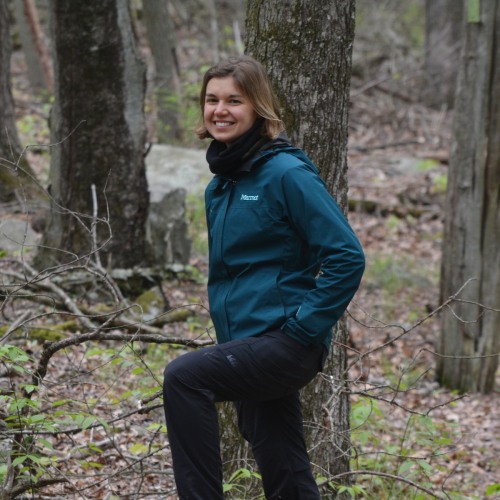
Nora Richter
I am currently a 5th year graduate student, and I use organic geochemistry to look at climate and human impacts in the North Atlantic over the past 2,000 years. I am particularly interested in understanding climatic changes and environmental issues that are relevant to problems we are faced with today. I believe that if we want to address major climate and environmental issues, then we need to support and educate the next generation.
Going through the public-school system in Chicago, I was fortunate to have science in my elementary school classrooms and supportive parents. However, many of my peers were not as lucky and there have been numerous budget cuts to public school funding in Chicago. In Providence, the situation is very similar and many of the teachers in the public-school system lack support. As a scientist, I want to promote science education in the classrooms and provide teachers with the support they need to make this happen. I also want students in elementary schools to be aware that a career in science is an option.
-
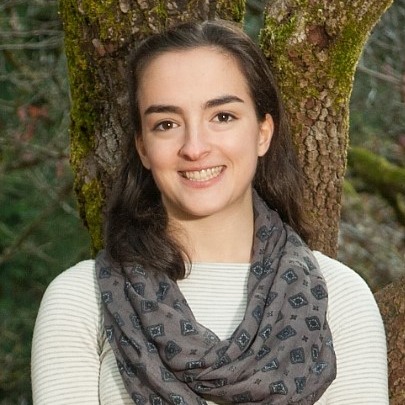
Anna Zuckerman
Anna is a Junior concentrating in Geophysics. This is her third year teaching with DEEPS STEP, and she helped develop the 2nd grade curriculum in 2018. Anna loves engaging young students with science, especially those who otherwise would receive no science education. To her, there is nothing more important than helping the next generation think critically, scientifically, and with curiosity about the world around them.
Anna has participated in planetary geology research in the DEEPS department at Brown. In addition, over the past summer she worked in the Astronomy department at the University of Washington, studying the climates of planets orbiting binary stars and the implications for habitability. She is excited to continue working with DEEPS STEP this semester!
-
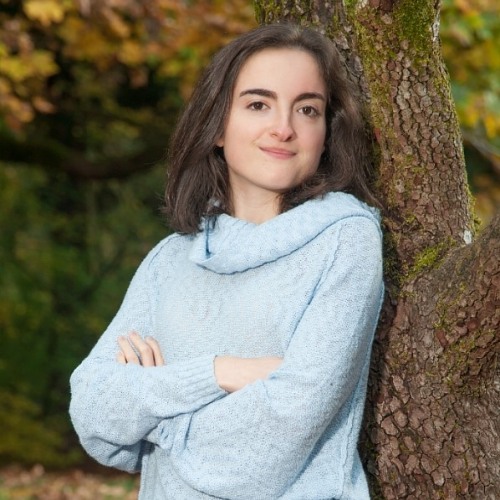
Leah Zuckerman
Leah Zuckerman is Junior studying physics and geology at Brown. She is interested in planetary geology and astrobiology, and spent the the past summer in the University of Washington’s Astronomy Department studying the possible climates of planets orbiting the star TRAPPIST-1. She has always been interested both in science and in teaching and working with kids. Finding the DEEPS STEP program at Brown two years ago was a great opportunity for her to combine these two passions, and in doing so to help engage the next generation of young scientists.
In 2018, Leah helped to design and teach a 2nd grade science curriculum, and last year she worked with 3rd grade students in the classroom. Leah is very excited to be a part of the DEEPS STEP program again this year, and to continue helping bring science education to young students in the Providence area.
Alumni Coordinators
- Nora Richter, (2016-2018)
- Sarabeth George, (2017-2018)
- Alysssa Pascuzzo, (2017-2021)
- Emily Joyce, (2017-2019)
- Anson Cheung, (2018)
- Anna Zuckerman, (2018-2021)
- Leah Zuckerman, (2018-2021)
- Emily First, (2019-2021)